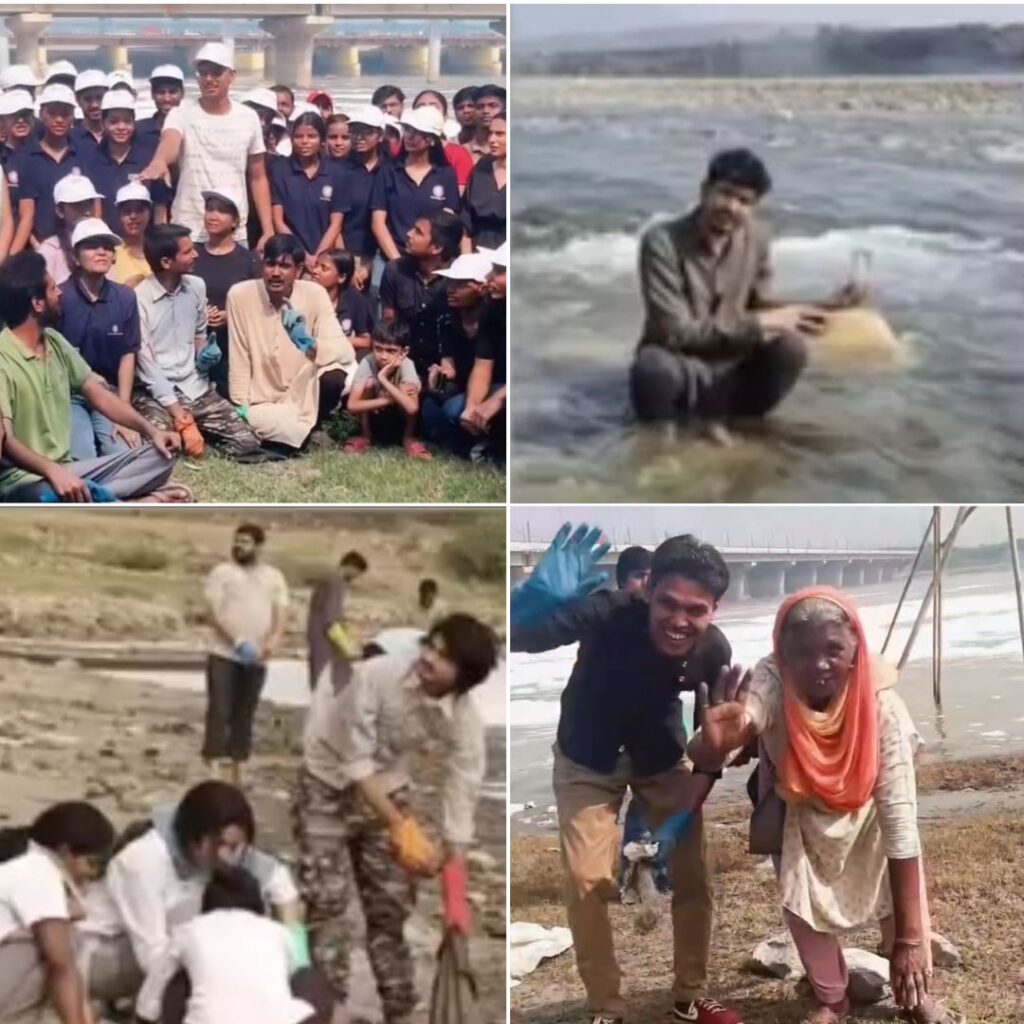As the 21-days lockdown enters final week, various questions are being asked about whether or not one should wear masks while stepping out.
Maharashtra has the highest number of COVID-19 cases in the country (1018). Taking in view the rising number of cases the municipal authorities announced on April 8 that wearing protective masks will be mandatory in Mumbai. Violators will face strict action and may even be arrested, an order said.
Wearing masks will be must at all public places, offices, meetings and even inside vehicles effective immediately.
The Brihanmumbai Municipal Corporation (BMC) issued the order on a day that Mumbai reported 72 more coronavirus deaths and six fatalities.
‘These masks may be standard mask available with the chemist or even homemade washable masks and can be reused after proper washing and disinfecting them,’ NDTV quoted Greater Mumbai Municipal Commissioner Praveen Pardeshi, who signed the order, as saying.
Chief Minister Uddhav Thackeray appealed to the people to use masks while going out of their homes to buy basic necessities.
Any person who doesn’t wear a mask when outdoors will be punished with a fine or even arrested failing to wear mask can now be levied a fine or even face arrest under section 188 Indian Penal Code (disobeying a regulation made under the Epidemic Diseases Act.
Chief Minister Thackeray, in his online address to the state, expressed his regret at the inconvenience because of the lockdown, but said, ‘We don’t have any other option.’
He also appealed to the former defence health services personnel, retired nurses and ward boys to join the ‘war’ against coronavirus.
‘Maharashtra needs you,’ the CM said and requested volunteers to send their contact numbers on the email ID covidyoddha@gmail.com. ‘People should inculcate a habit of using homemade masks while stepping out of their homes to buy essentials now, and also later when the situation improves,’ he added.
Masks Compulsory In Chandigarh, UP, Odisha, J&K
Authorities in Chandigarh, Nagaland and Odisha, Uttar Pradesh, newly created Union territories of Jammu and Kashmir and Ladakh have already made wearing masks compulsory.
‘Wearing masks has been made compulsory in the state. There can be legal action also for not wearing masks,’ Hindustan Times quoted Uttar Pradesh, additional chief secretary Awanish Awasthi as saying.
An order issued by the General Administration Department (GAD), in Jammu and Kashmir, said that face masks had been made mandatory for all officers, staff and visitors in the civil secretariat as a preventive measure to stop the spread of the coronavirus.
The Civil Secretariat is presently functional in Jammu as part of the bi-annual darbar move, under which the government functions six months each in Jammu and Srinagar during winter and summer months.
‘Accordingly, all the administrative secretaries are authorised to effect the purchase of masks, so as to provide three reusable masks for each employee of his/her department in the civil secretariat. The expenditure on this account shall be defrayed from the office expenses (OE) head,’ additional secretary, GAD, Rohit Sharma was quoted as saying.
Leh’s district magistrate Sachin Kumar Vaishya, in Ladakh, ordered the general public as well as government officials (both civilian and armed forces) to mandatorily wear the face masks at public places without any exception.
‘In case of any violation, penal action under rules shall be taken against the violators. This shall come into force with effect from April 9,’ he stated in his order.
Protocols For Wearing Mask
Before putting on a mask, clean hands with alcohol-based hand rub or soap and water. Cover mouth and nose with mask and make sure there are no gaps between your face and the mask.
Avoid touching the mask while using it; if you do, clean your hands with alcohol-based hand rub or soap and water. Replace the mask with a new one as soon as it is damp and do not re-use single-use masks.
To remove the mask: remove it from behind (do not touch the front of the mask); discard immediately in a closed bin; clean hands with alcohol-based hand rub or soap and water.
New Research
A global debate about whether everyone should wear surgical masks in public has been brewing for quite some time. According to the World Health Organization (WHO), only people who are showing symptoms or caring for coronavirus patients should wear them. But some countries have already made it mandatory.
According to a report by Guardian, experts say that medical-grade protective gear, such as N95 respirators, should be reserved for health workers.
Officials at the Centers for Disease Control and Prevention (CDC) said on April 6 that they were reviewing their recommendations after new data showed nearly a quarter of those infected did not show symptoms, meaning they were infectious perhaps without realizing it.
How Effective Are Masks? Jeremy Howard, a distinguished research scientist at the Universit…












